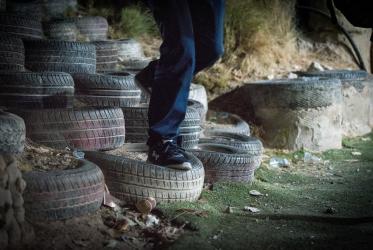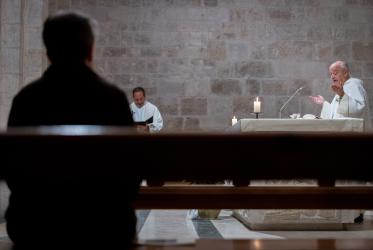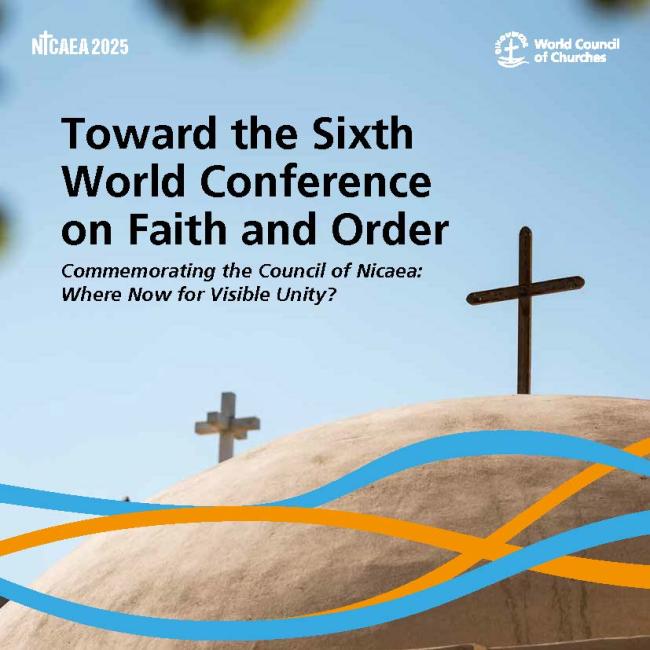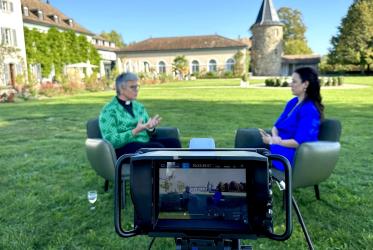Displaying 1 - 20 of 396
17 April 2024
WCC, WHO commemorate 50 years of collaboration
04 April 2024
Voice of churches vital during UN women’s rights talks
28 March 2024
Words of steadfastness ring from the rubble
21 March 2024
Toward the Sixth World Conference on Faith and Order
Commemorating the Council of Nicaea: Where Now for Visible Unity?
24 February 2024
What can churches do to prevent modern slavery?
22 February 2024

















